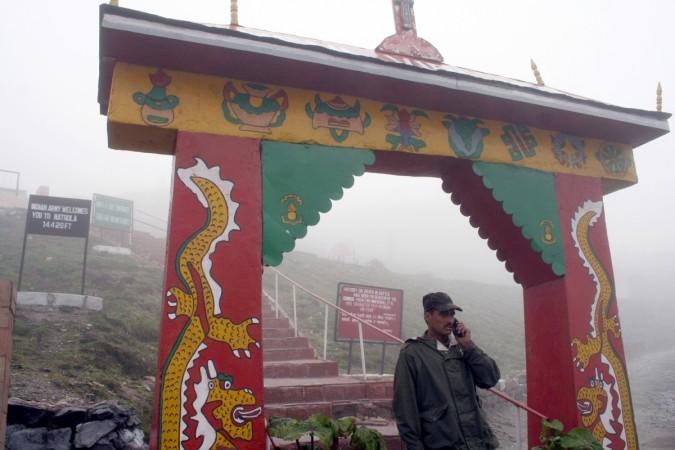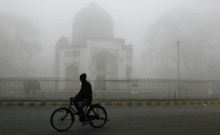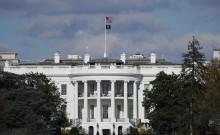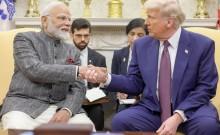China, on Monday, denied any claims of a bilateral meeting between Indian Prime Minister Narendra Modi and Chinese President Xi Jinping at the G20 Summit in Hamburg, Germany. India had claimed that the two leaders had met amid the ongoing Indo-China border dispute and discussed "a range of issues."
"According to my information, the two said leaders did not hold any bilateral meeting," Chinese Foreign Ministry spokesperson Geng Shuang said when asked about the meeting, reported IANS. He also explained that the two leaders met only when Jinping chaired a meet of BRICS leaders and Modi too was present at the meet.
However, on Saturday, Gopal Baglay, Ministry of External Affairs spokesperson had said that Modi and Jinping had met informally and discussed the issues, but he refused to explain what those issues were. "We have tweeted that the two leaders discussed a range of issues. A range of issues means a range of issues. I don't want to add anything further...I leave it to you to draw your conclusion," Baglay had said.
Meanwhile, China has time and again said that any discussion between the two countries will be possible only after India withdraws troops from the border in Sikkim. The Chinese media too has been taking an aggressive stand and numerous editorials in the Global Times have accused India of provoking China when China is more powerful than India in terms of both the economy and military facilities. Adding that "India is humiliating the civilization of the 21st Century," an editorial said that the Indian troops can choose to withdraw from the region or the Chinese People's Liberation Army will "kick" them out.

It added that China wants to sort the issue in a peaceful manner, which "must lead to legitimate and justified outcomes. We hope India can face up to the hazards of its unruly actions to the country's fundamental interests."
Another editorial in the paper also raised the Sikkim independence spectre and said that Beijing may decide to support "pro-independence appeals in Sikkim" if Indian troops are not withdrawn from the region.
Additionally, a Chinese expert has also said that the country's troops could enter Jammu and Kashmir on behalf of Pakistan like India did in the Doklam region. Long Xingchun, Director at the Centre for Indian Studies at China West Normal University, said in the article he wrote in the Global Times that this move would be justified as it would be on the lines of the "same logic" that the Indian Army has been using to halt China's road construction project at the Sikkim-Bhutan-Tibet trijunction.















